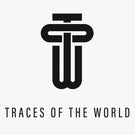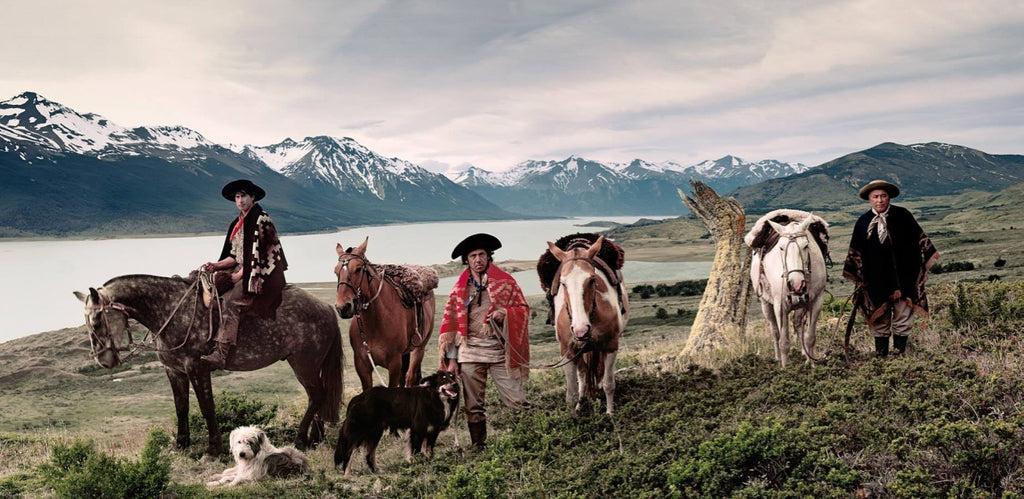Since colonialism and the ensuing rise of capitalism, western society has undermined and cast aside this Indigenous wisdom. Now, as we grapple with the devastating effects of extractive systems in the West, we’re realizing we should have listened to the greatest protectors of our earth a long time ago.
Are we too late?
There are an estimated 476 million Indigenous peoples worldwide. Though they comprise only around 6 percent of the global population, they protect 80 percent of biodiversity left in the world. In the U.S., they’ve lost an alarming 99 percent of their land to European settlers, removal policies, and forced migration. These colonial policies continue to affect tribes today, many of which have been relocated to less valuable lands where they’re excluded from participating in energy, forestry, and natural resource industries and are more vulnerable to the climate crisis (e.g. poor air quality, extreme weather and heat waves, and flooding).
Where the narrative goes wrong today.- What’s concerning to me is that many of the privileged counter-culture conversations about the climate crisis today center on building doomsday bunkers and learning survival skills. Or worse, co-opting the growing and land management techniques used by Indigenous peoples for centuries, for personal gain. There’s nothing inherently wrong with building these capacities, especially if it helps in a crisis. But this individualist narrative perpetuates the same attitude that gave rise to colonialism and misses the larger point—that if we truly listened to Indigenous wisdom, we would stop the climate crisis
together, not buy another survival knife. So how can we be better stewards of Indigenous wisdom? There are plenty of articles about what we can learn from them. This post is more about reorienting ourselves within our culture and, in turn, making strides to reorient that culture toward their wisdom. Today is International Day of the World’s Indigenous Peoples, this cultural change should be part of every day.
Where understanding begins…- Here are a few ways to incorporate Indigenous wisdom into your life and community. Look deeper into lessons from Indigenous language. Indigenous languages emphasize verbs. They are alive. Western languages are noun heavy. They ‘thingify’ words to organize, harmonize, and ultimately, dominate. Where our language says a tree as a thing, Indigenous language might say ‘treeing,’ expressing its aliveness, complexity, and nuance. Another example is in Indigenous peoples’ fluid naming conventions. Names, drawn from nature, can be changed to express personality, progression, or life circumstances. Furthermore, Indigenous naming conventions were non-binary well before the Western world began enforcing monolithic gender norms. Only now are we starting to have conversations about the impact of these problematic gender conventions in the West. With 40 percent of the 7,000 Indigenous languages still spoken in danger of disappearing, we must support their preservation to ensure Indigenous peoples’ identities aren’t further erased by the dominant society. If you’re passionate about this, you can support numerous grants that fund language preservation. If you’re in Canada, you can donate to the First Nation’s Native Language Immersion Initiative. You could also learn how western culture is institutionalized through biases in knowledge organizational systems like the Dewey Decimal System, which under-represents Indigenous voices in libraries across the nation. Systems like the Brian Deer Classification System at the University of British Columbia are designed for flexibility to reflect local Indigenous communities, but more systems like this are needed.
Share reverence for Indigenous land and farming practices.- Crop rotation, intercropping, and polyculture practices, which enrich the soil and lead to more sustainable yields, largely originated in Indigenous communities. While these farming practices run counter to the dominant monoculture agriculture systems in America today, they are giving rise to more sustainable practices like regenerative farming and permaculture. What’s more, they can be utilized by small and large-scale farmers alike. Acknowledging the origins of these traditional growing practices is a step forward. You can read more about Indigenous contributions to sustainable agriculture here. Take inspiration from Indigenous collective action Despite losing land and sovereignty, Indigenous communities continue to rally for environmental justice and stand at the frontlines of the climate fight. Look at how they led successful protests against the Keystone XL pipeline and drilling in the Arctic National Wildlife Refuge. In fact, a report by Indigenous Environmental Network and Oil Change International found that Indigenous-led resistance to 21 fossil fuel projects in the U.S. and Canada over the past decade prevented at least 25 percent of annual emissions. Indigenous peoples go beyond just stewarding the land, they actively protect it for everyone. Let’s find inspiration in their collective power and seek ways to stand by them in the fight against extractive systems. With these points in mind, we can observe and question the world around us with more depth. I encourage you to look for and work to dismantle colonial ideals in your everyday life. Talk about what you learn with your community and on social media. Be an ally and stop Indigenous erasure. Honor the land you live on by giving a name to it. Shop and support Indigenous businesses.



















